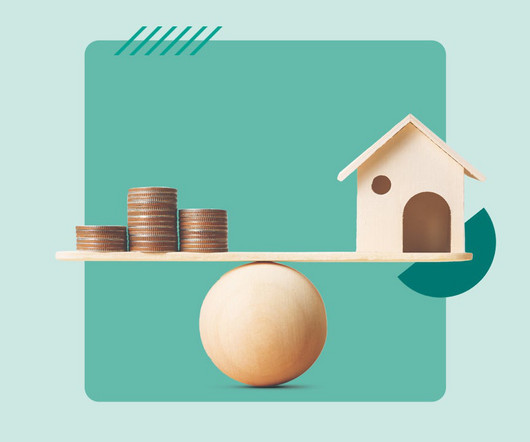Cash-Out Refinancing: How It Works, When To Do It
Savings Corner
APRIL 4, 2024
Christina Zelow Lundquist/ Getty Images; Illustration by Austin Courregé/Bankrate Key takeaways Cash-out refinancing allows you to turn equity into cash through refinancing your mortgage. While you can’t cash out all of your home’s equity, the process gives you access to a larger sum of money without needing to sell your home.












Let's personalize your content